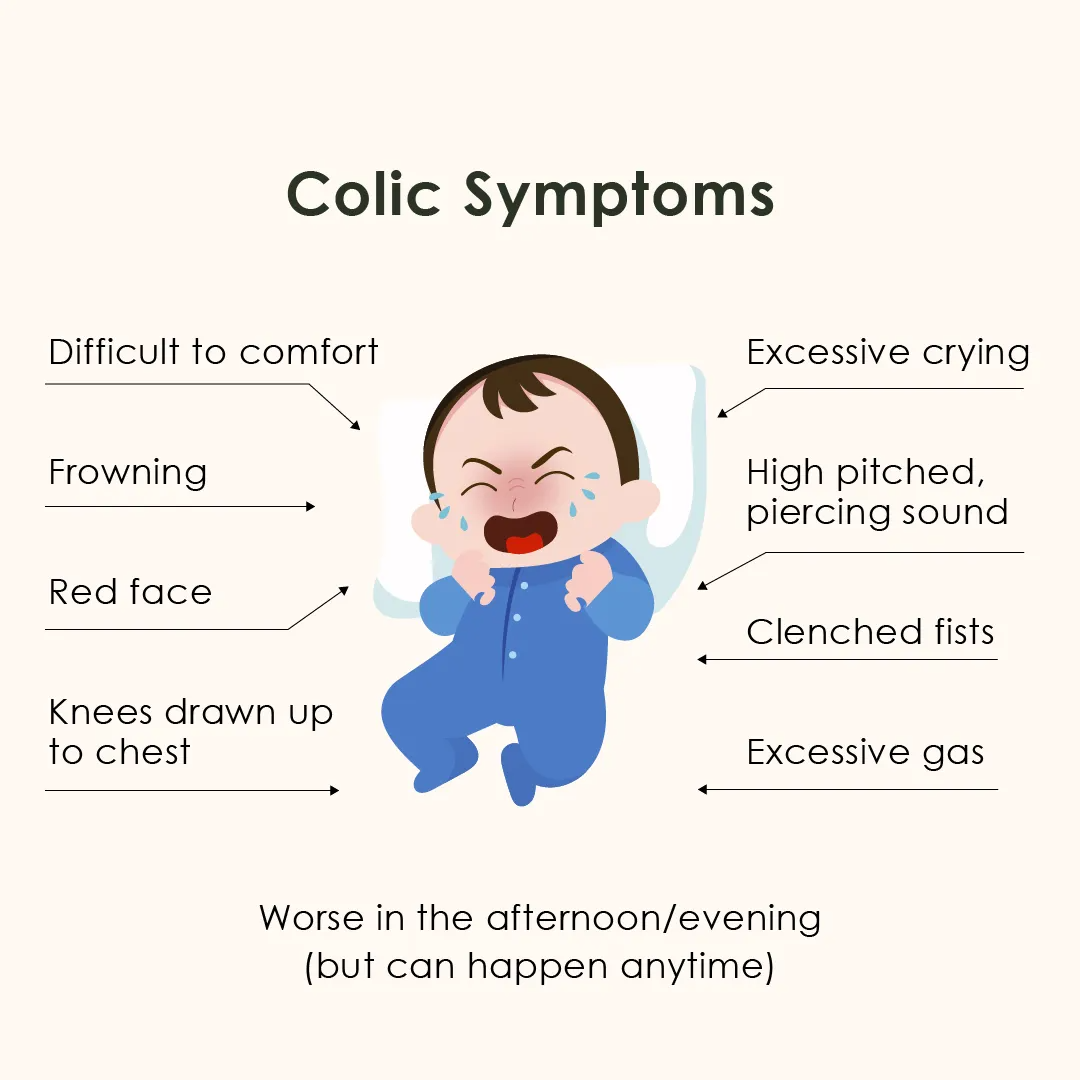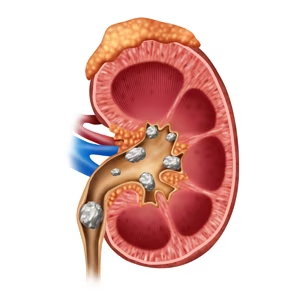Infant colic is a common condition that affects many newborns, causing them to cry excessively and appear distressed for no apparent reason. This article aims to provide a comprehensive understanding of infant colic, its causes, symptoms, and effective management strategies.
What is Infant Colic, What does it mean?
Infant colic is a condition that typically starts a few weeks after birth and often improves by the time the baby is three to four months old. It is characterized by episodes of crying and fussiness that last for more than three hours a day, three days a week, for three weeks or longer. This condition is often frustrating for parents as the baby’s distress seems inconsolable, despite their best efforts.
Causes of Infant Colic
The exact cause of infant colic remains unknown. However, several theories suggest potential triggers, including:
- Gastrointestinal discomfort or gas
- Overstimulation or sensitivity to the environment
- A developing nervous system
- Food allergies or intolerances
It’s important to note that colic is not a sign of poor parenting or a reflection of the baby’s future health or temperament.
Symptoms of Infant Colic
Recognizing the signs of colic can help parents seek timely help. The symptoms include:
- Intense crying episodes, often in the late afternoon or evening
- Clenched fists, arched back, or other signs of tension
- Flushed face during a crying episode
- Inconsolable distress despite being well-fed and having a clean diaper
Managing Infant Colic
While there’s no definitive cure for colic, several strategies can help manage the condition:
- Swaddling: Wrapping the baby snugly in a blanket can provide a sense of security.
- White noise: Sounds like a washing machine or vacuum cleaner can soothe a colicky baby.
- Dietary changes: If breastfeeding, mothers may try eliminating certain foods. If formula-feeding, a different type might be recommended.
- Probiotics: Some studies suggest that probiotics may help reduce crying in some colicky babies.
It’s crucial for parents to seek support and take care of their mental health. Dealing with a colicky baby can be stressful, and it’s okay to ask for help.
When to Seek Medical Help
If the baby’s symptoms are severe or accompanied by other signs like fever, vomiting, diarrhea, or weight loss, it’s essential to seek medical attention. These could indicate a more serious condition that needs immediate treatment.
Conclusion
Infant colic can be a challenging phase for new parents, but it’s important to remember that it’s temporary and not a reflection of their parenting skills. Understanding the condition, recognizing its symptoms, and knowing effective management strategies can help alleviate the stress associated with it. However, if the baby’s symptoms are severe or persist beyond the typical age range, it’s crucial to seek medical help.





